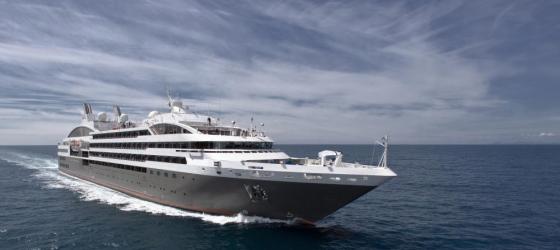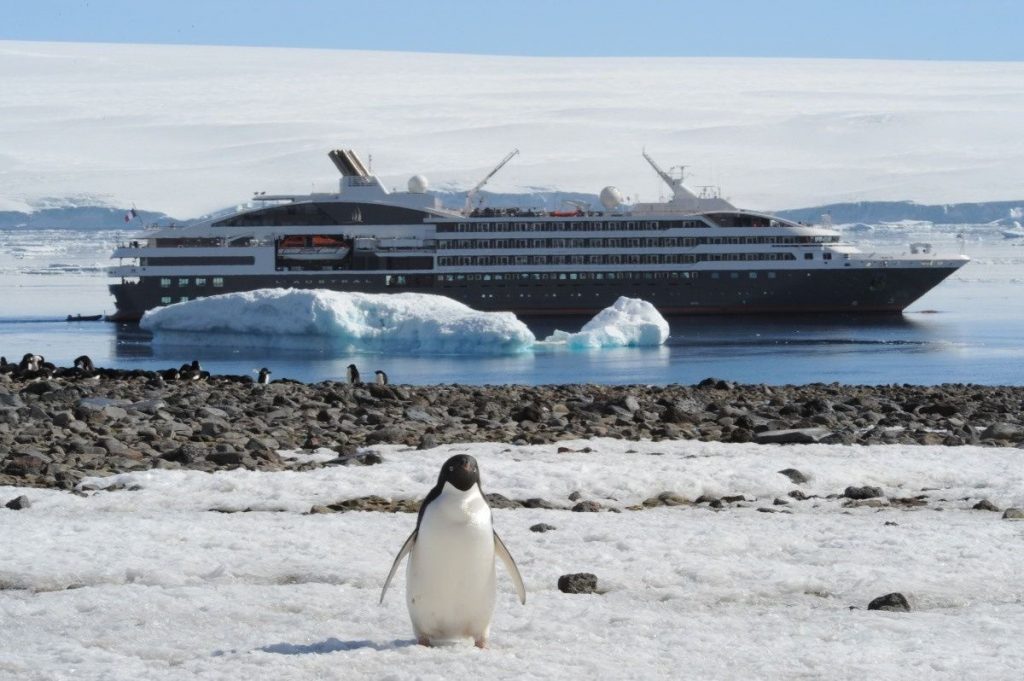This will wreak havoc on our ocean currents and weather patterns. Sea Ice Changes Ricochet up the Food Web.
 What Are Scientists Concerned About Plummeting Antarctica Ice Levels Quora
What Are Scientists Concerned About Plummeting Antarctica Ice Levels Quora
This phenomenon occurred in 2002 when the Larsen B ice shelf famously collapsed off the Antarctic Peninsula.

What happens if antarctica melts. The writing is on the wall that humans will have to adapt to a very different world as ice melts and oceans rise. But Antarctica is still a. What Would Happen if All the Antarctic Ice Melted.
If sufficient warming occurs to remove the ice shelf of Thwaites Glacier in West Antarctica and to drive retreat into the deep basins the calving cliff could be much higher and wider than at. Most of the Atlantic coast Florida and the Gulf Coast will be underwater. If both ice sheets melted the global sea level would rise by about 68m.
The ticking time bomb for sea-level rise is buried in the glaciers of Antarctica These charts show just how high sea levels will rise if Antarcticas ice continues melting at an alarming rate. When we talk about global warming at the poles the Arctic tends to get more press than the Antarctic because its happening faster there than anywhere else on Earth. Greenland and Antarctica are currently both pushed downwards by the weight of the ice on top.
If Antarctica melted it would lead to population variation among penguins larger proportions of krill in the ocean and long-term changes in the structure of Antarctic lakes microbial. Listen duration 19. However in this case I really dont have a feeling for the size of the Antarctic ice cap.
If Antarctica melted it would lead to population variation among penguins larger proportions of krill in the ocean and long-term changes in. In West Antarctica warming is shifting a key band of winds southward and making it stronger which ultimately causes the winds over the Amundsen Sea to blow east. Two-thirds of Antarctica is a high cold desert.
The massive West Antarctic ice sheet holds something like 6 percent of the worlds fresh water frozen in its guts. In the West Antarctic Peninsula 2001-2002 atmospheric conditions resulted in thicker sea ice compacted against the edge of the peninsula with increased melting at the edge releasing large quantities of fresh water and ice algae directly into the upper mixed layer of the ocean. This week Nanogirl is off to Te Papa with some students from Casebrook Intermediate to find out what would happen if Antarctica melts.
In the ensuing years the glaciers behind the Larsen B which had been held in place by the massive ice shelf accelerated their slide to the sea by 5 to 8 times. The big difference is that the Arctic ice is floating while the Antarctic ice is sitting on land. Yes there is indeed climate change.
On top of that the ice on Greenland and Antarctica is made of freshwater so when it melts thats about 69 percent of the worlds freshwater supply thats going straight into the oceans. Other scientists say that this. 41 Add to playlist Playlist.
Theres no question that we the humans have been putting a whole bunch of carbon dioxide into the atmosphere and this carbon dioxide is changing the climate. Sea ice melting. Although there is significant melting it doesnt contribute to sea level rise.
But little if any surface warming is occurring over East Antarctica. Normally I would do a traditional back of the envelope estimation and just get approximate values for stuff. If all of this ice melted it would raise global sea level by about 60 meter 197 feet.
The answer boils down to the fact that ice can flow without melting. The latest data reveals that Antarctica is losing ice at an accelerating rate too. Because more ice melts each summer Antarctic Ice Cap.
Sierra Mitchell Send an email October 13 2020. How is it possible for surface melting to decrease but for the continent to lose mass anyway. And things are looking pretty bad.
Let me start with the ice at the South Pole. This would put most of Europe underwater along with large parts of Asia Canada and South America. Many ice shelves in West Antarctica are already experiencing this sort of runaway melt with roughly 25 of the regions ice in danger of collapsing according to a 2019 study in the journal.
If it all melted away global sea levels would rise by about 10 feet or more.


